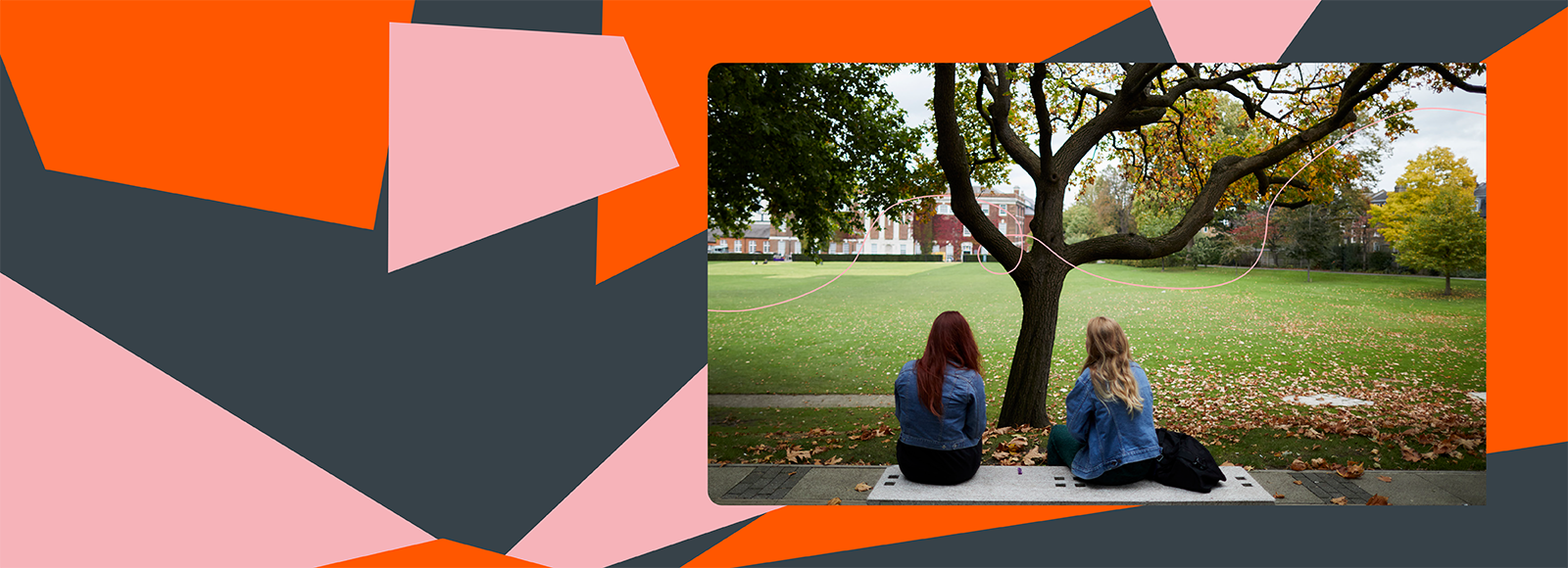Masters Degree Description
Develop your arts practice through the expressive world of creative computation. This Masters provides you with the historical foundations, frameworks and critical skills to produce a series of projects for public exhibition.
- This degree develops your arts practice through the expressive world of creative computation. Over a year (full-time) or two years (part-time) you will develop your artistic work and thinking through the challenge of developing a series of projects for public exhibition that will explore the technological and cultural ramifications of computation.
- You will learn the fundamentals of programming and how to apply this knowledge expressively. You will work with popular open source programming environments such as Processing, OpenFrameworks, P5.js and Arduino, and will learn how to program in languages such as Python and C++.
- Since computational artworks don’t necessarily involve computers and screens, we also encourage students to produce works across a diverse range of media. Supported by studio technicians in state-of-the-art facilities, our students are producing works using tools such as 3D printers, laser cutters, robotics, wearable technologies, paint, sculpture and textiles.
- You will also study contextual modules on computational art and the socio-political effects of technology. These modules provide you with the historical foundations, frameworks, critical skills and confidence to express your ideas effectively. You will have the opportunity to learn the cultural histories of technology, to reflect on computation in terms of its wider cultural effects, and to understand the way in which art provides rigorous ways of thinking.
- Through our masterclass series, we regularly invite world-class artists and curators to explain their work and engage in critical dialogue with the students. This allows you to develop a wider understanding of the contemporary art scene and how your work sits within the professional art world.
- The Department of Computing has a wealth of specialist facilities and equipment for students to use. From digital studios to motion capture, and games labs to sonic media.
Entry Requirements
You should have (or expect to be awarded) an undergraduate degree of at least upper second class standard in a relevant/related subject and a portfolio of work (supplied either as a DVD or a URL directing to a relevant web page).
You might also be considered for some programmes if you aren’t a graduate or your degree is in an unrelated field, but have relevant experience and can show that you have the ability to work at postgraduate level.
Fees
For fees and funding options, please visit website to find out more
Programme Funding
Goldsmiths offers a range of financial support including postgraduate scholarships, bursaries and fee waivers. These are awarded based on a variety of criteria, for example academic achievements or personal circumstances.
Learn more about Goldsmiths

A melting-pot of ideas, one creative powerhouse
One Goldsmiths
At Goldsmiths, academic excellence and imaginative course content combine to make a pla...
